SSH key generation fails in Git Bash on Windows 11 when system permissions, environment variables, or file path settings are misconfigured. This issue prevents secure authentication with remote repositories and interrupts workflows that rely on Git. Addressing these root causes restores normal SSH functionality and enables seamless code operations.
Check Git Bash Installation and Run as Administrator
Step 1: Right-click the Git Bash shortcut and select Run as administrator. Running Git Bash with administrative privileges ensures it can create files in protected directories and access necessary system resources. This step resolves permission-related failures that often occur when generating SSH keys.
Step 2: In the Git Bash terminal, enter the following command to generate a new SSH key pair:
ssh-keygen -t rsa -b 4096 -C "your_email@example.com"This command initiates the SSH key generation process. If you are prompted to overwrite an existing key, choose n to avoid accidental data loss unless you intend to replace the old key. By default, keys are stored in the ~/.ssh directory.

Step 3: If the command completes successfully, your SSH key pair is now available for authentication. If you receive an error, note the message for further troubleshooting.
Verify and Correct File Path or Directory Issues
Step 1: Check if the ~/.ssh directory exists by running:
ls ~/.ssh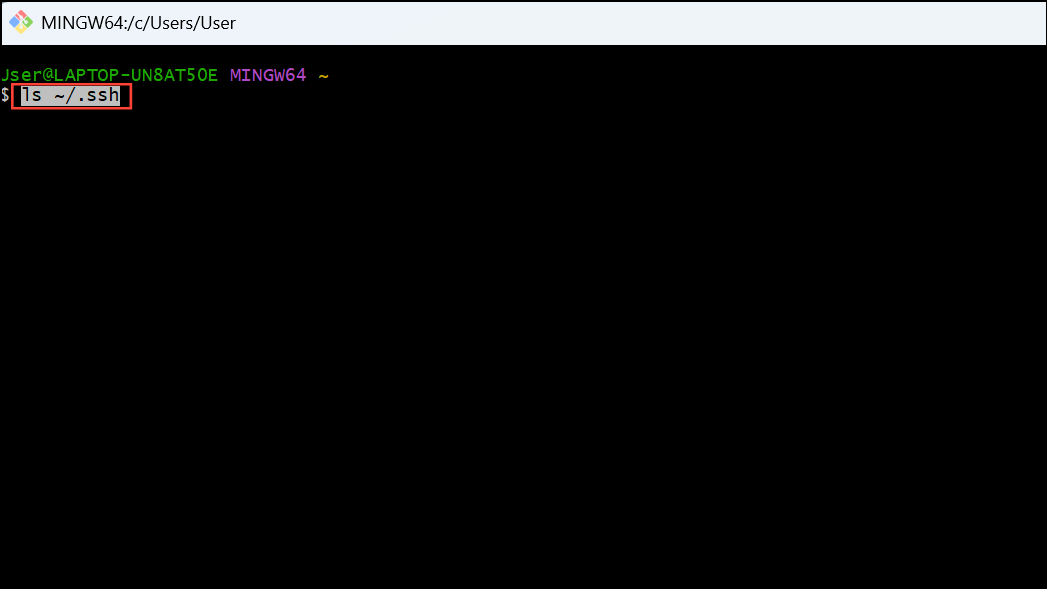
If the directory does not exist or you see a permission error, create the directory with the correct permissions:
mkdir -p ~/.ssh
chmod 700 ~/.sshThese commands ensure that the SSH directory exists and is only accessible by your user account, which is required for SSH key operations.
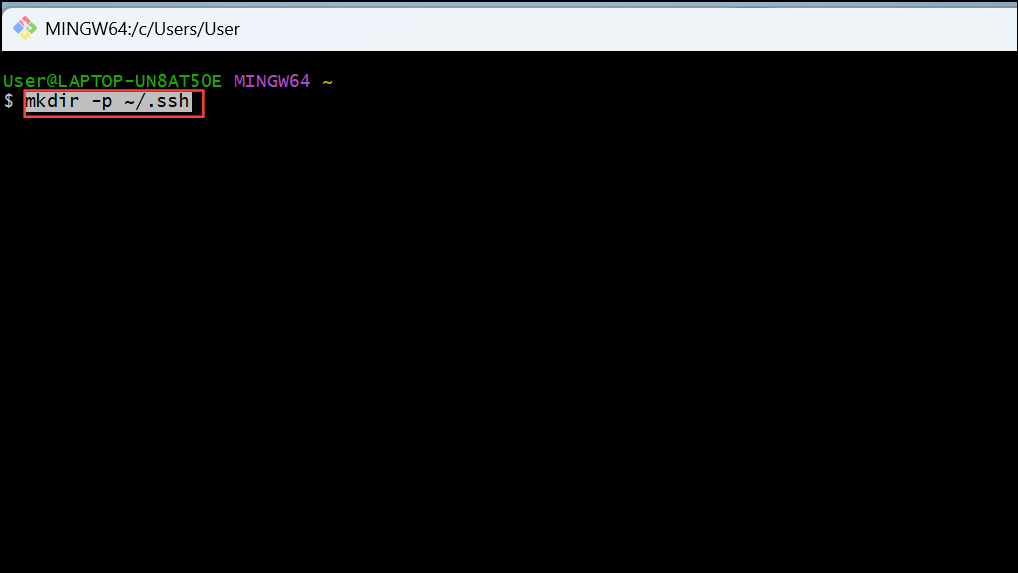
Step 2: Attempt to generate the SSH key again using ssh-keygen. If you still encounter errors, check if your Windows username contains special characters or spaces, as this can disrupt file path resolution in Git Bash. Consider creating a new Windows user account with a simple username if path issues persist.
Adjust Environment Variables and PATH Settings
Step 1: Open Git Bash and check the value of the HOME environment variable:
echo $HOME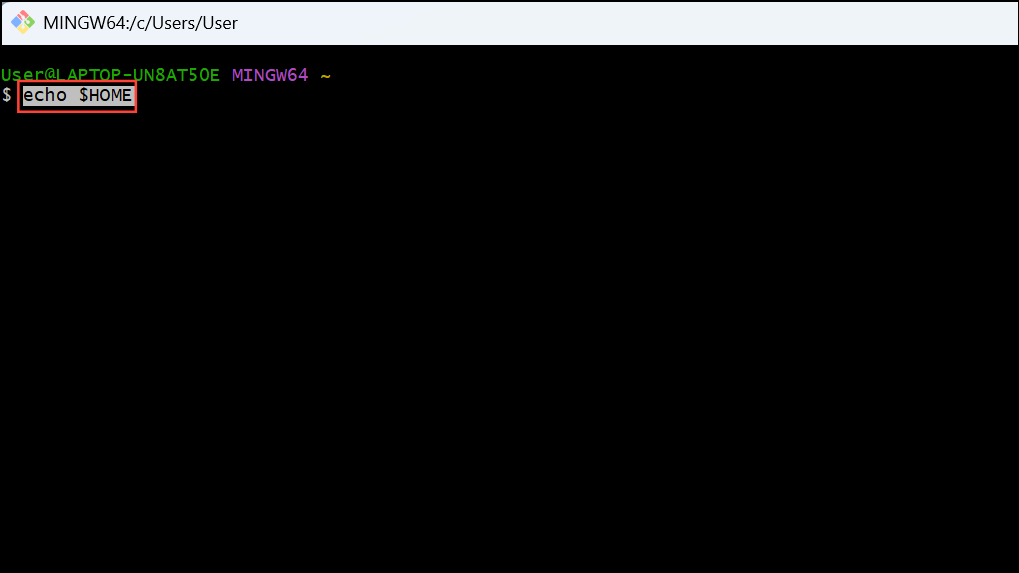
If $HOME does not point to your user directory (e.g., C:\Users\YourUsername), update it by adding the following line to your ~/.bashrc or ~/.bash_profile file:
export HOME=/c/Users/YourUsername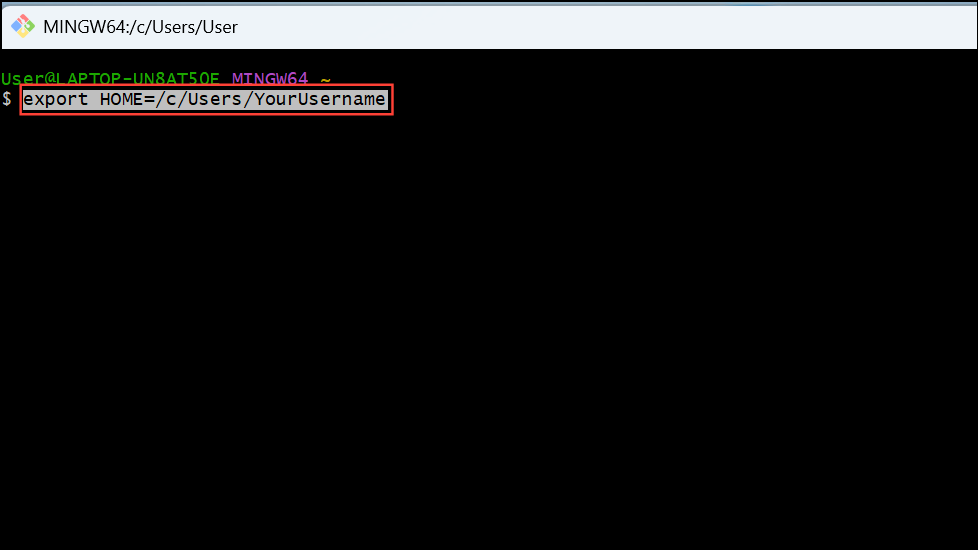
After editing, restart Git Bash to apply the changes. This adjustment resolves errors caused by incorrect home directory references, which can prevent SSH key files from being created or found.
Step 2: Ensure the ssh-keygen executable is available in your system PATH. Type:
which ssh-keygen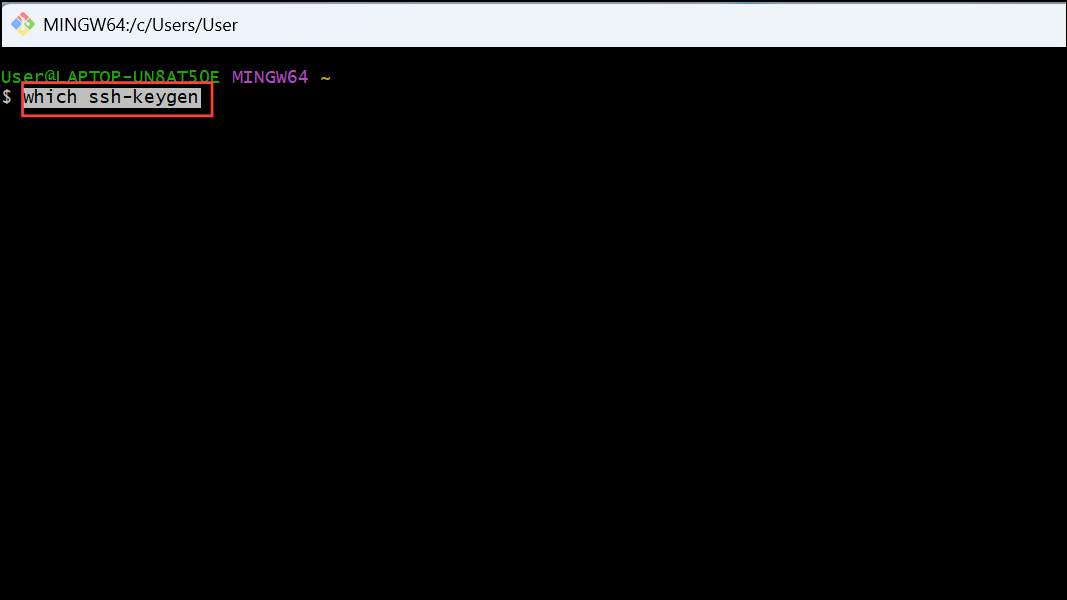
If no path is returned, reinstall Git for Windows or manually add the Git usr/bin directory to your system PATH environment variable.
Temporarily Disable Antivirus or Security Software
Step 1: Some antivirus or endpoint protection software blocks the creation of cryptographic keys or access to user directories. Temporarily disable your antivirus and attempt SSH key generation again. If this resolves the issue, add an exception for Git Bash and the ~/.ssh directory in your security software settings.
Step 2: Re-enable antivirus protection after completing SSH key setup to maintain system security.
Resolving SSH key generation failures in Git Bash on Windows 11 streamlines secure repository access and prevents workflow interruptions. Regularly updating Git and monitoring directory permissions keeps your development environment running smoothly.


